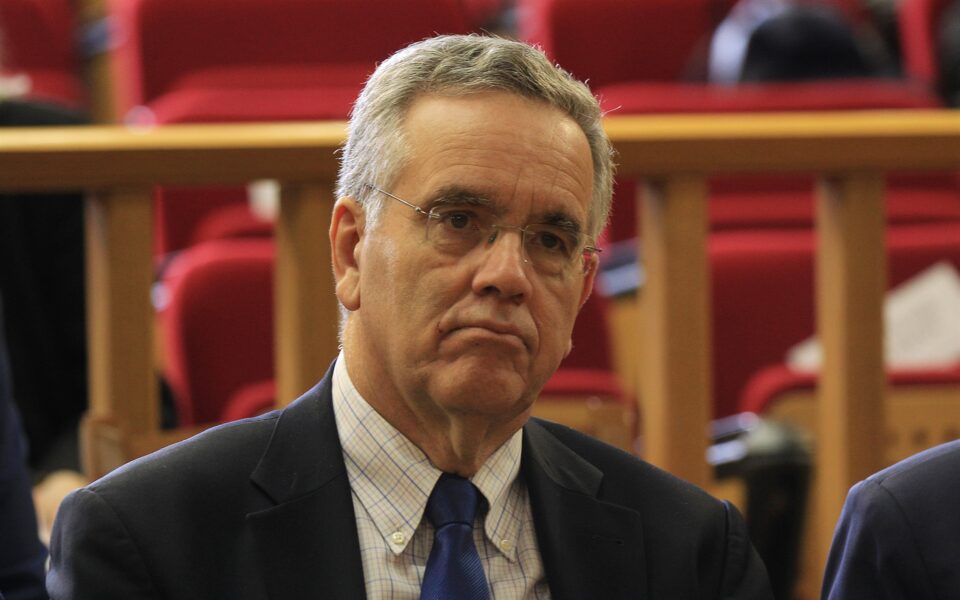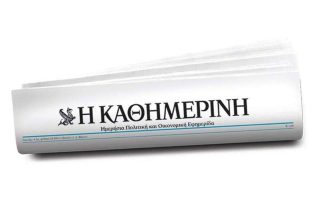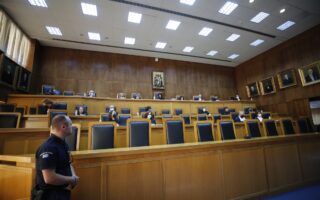Selective enforcement of the law?

No one was keeping an eye on late publisher Giorgos Trangas when he was amassing his huge and allegedly ill-gotten fortune. When we say “keeping an eye on him” we don’t mean with wiretappings and such. We are referring to the Committee for MP and Political Party Auditing, which seems to be the first to be surprised as soon as a scandal is revealed.
This happened with the New Democracy lawmaker from Grevena, Andreas Patsis, and the same is now true with former MEP Eva Kaili. As soon as the newspapers write about some indication of corruption, the committee rushes to carry out an audit – the one it should have done so that we would have avoided corrupt practices in the first place. The process of submitting a wealth declaration (known in Greek as “pothen esches”) is supposed to be preventive, but the committee acts like the coroner who shows up after the murder to say, “It’s obvious, X was taking bribes.”
The strange thing is that many judges participate in this 11-member committee, including the vice president and the deputy prosecutor of the Supreme Court. And yet, in his speech before a meeting of the Association of Judges and Prosecutors last weekend, where he slammed media criticizing the slow pace of judicial investigations in Greece, Supreme Court prosecutor Isidoros Dogiakos did not mention the loopholes in the pothen esches law that allows big fish to avoid getting caught. Instead, he spoke of “the ineffectiveness of the media law.” Perhaps because its offenders are not shot on the spot.
But the government has made sure it had the legal arsenal to silence any revelations about this sordid affair. It is Article 191 of the Criminal Code on spreading fake news. The government rationale is this: The country, it says, needs “political stability.” This is also confirmed by the opinion polls, in which the ruling conservatives are leading by a wide margin. On the other hand, all revelations about the wiretapping scandal are characterized as “fairy tales,” an “Aesop’s fable,” “narratives” etc.
But such news “is capable of causing concern or fear among citizens or rattling the public’s confidence in the national economy, the country’s defense capability or public health,” areas that the government manages successfully, according to the polls. Until the truth or falsity of these revelations is revealed, the government can hand out prison terms and fines to publishers, so that Dogiakos will be satisfied.
On a serious note, extensive tax audits must be carried out always and everywhere and not “on those few” who “mock and discredit judicial and prosecutorial officials,” as Dogiakos told us last Saturday. We cannot speak of rule of law in a country when the highest public prosecutor declares – in fact publicly – the need to selectively apply the law “to those few” who rightly or wrongly annoy him.





